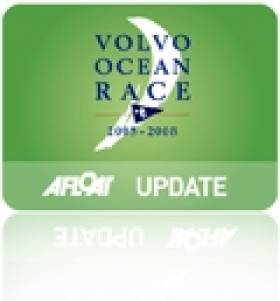Displaying items by tag: Rhode Island
Newport Makes It Six For VOR 2014-15 Host Ports
#VOR - Newport in Rhode Island has been announced as the latest stopover for the next edition of the Volvo Ocean Race in 2014-15.
The popular sailing base in the 'Ocean State' will be the North American port on the race route for its 12th running as the end point of the leg from Itajaí in Brazil, and is hosting the event for the first time.
"It's about time the race came to the city of Newport and we are looking forward to a real festival that will delight and inspire sailing fans and those who are new to the sport," said Volvo Ocean Race CEO Knut Frostad at the announcement.
Conveniently located between the Irish-American hotspots of New York City and Boston, the crowds in attendance are sure to feature a prominent 'green' element.
As reported at the weekend on Afloat.ie, Gothenburg in Sweden has been awarded the honour of hosting the VOR finale, much to the disappointment of Galwegians after last summer's successful event.
Ho Ho Hold-up
Yacht clubs in snowy weather are even odder than snow resorts in summer. But in America's sailing Mecca of Newport, Rhode Island, there was a further inversion at the East Providence Yacht Club on Sunday night after the annual pre-Christmas party reports W M Nixon.
Only a lone barman was left on the premises, and when a large fat white-bearded man dressed in red and carrying a sack came bustling in, he smiled a cheerful welcome. But the new arrival immediately brandished a gun, and by the time the police arrived he had cleared out all the weekend takings – "a lot" – and had made good his escape to the sound of jingling bells.






























































